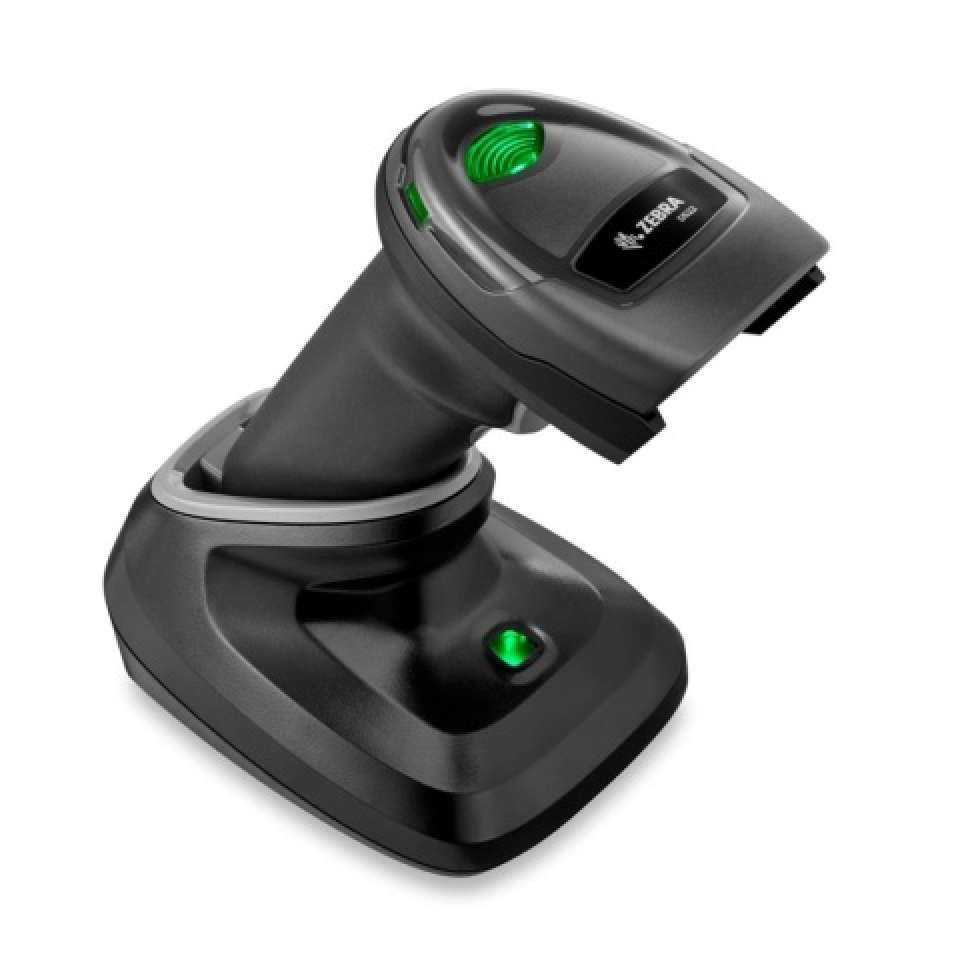Choosing the Right Barcode Scanner for Your Service Demands
Choosing the appropriate barcode scanner for your service needs a nuanced understanding of your particular functional requirements and ecological problems. Factors such as scanner kind, speed, and compatibility with existing systems play a critical duty in identifying the ideal selection. Considerations around toughness, connection, and the complete price of possession can significantly impact long-term effectiveness. Recognizing these components is important, yet many businesses overlook crucial elements that might influence their overall productivity. The next steps in this process could make all the difference for your operations.
Understanding Barcode Scanner Kind
When it pertains to choosing a barcode scanner, understanding the various types readily available is important for conference specific organization needs. Barcode scanners can be classified into a number of kinds, each designed for different applications and atmospheres.
Fixed-mount scanners, on the other hand, are designed for high-volume scanning applications, usually discovered in assembly lines or check out counters. These scanners are mounted in a fixed setting, allowing for quick scanning of several items in sequence.
One more type is the mobile computer, which incorporates scanning capacities with computing power. These devices are ideal for area procedures or storehouse administration, allowing information collection and real-time inventory monitoring. In addition, there are commercial scanners that are built to stand up to severe settings, such as severe temperatures or exposure to dust and wetness.

Key Functions to Consider
What necessary functions should businesses focus on when choosing a barcode scanner? Primarily, scanning speed is vital, as faster scanners boost functional performance, particularly in high-volume atmospheres. The scanner's capability to review various barcode layouts is additionally essential; ensure it supports prominent types like QR codes, UPC, and Code 128 to accommodate varied supply products.
Durability is another vital attribute, especially for services in rugged settings. Seek versions that are developed to endure drops, dirt, and wetness. Additionally, take into consideration the connection choices available; whether you prefer USB, Bluetooth, or Wi-Fi, the appropriate connectivity can enhance assimilation with existing systems.

Evaluating Your Organization Atmosphere
To properly select a barcode scanner, organizations must take supply of their specific operational setting. This assessment includes examining the physical format of the work area, the nature of the items being checked, and the typical conditions under which scanning takes place. For example, a retail environment may call for portable scanners that can quickly process purchases at the checkout, while a storehouse setup may profit from ruggedized scanners created to endure harsher conditions.
In addition, think about the volume of scanning called for. High-throughput atmospheres might demand advanced scanning innovations, such as fixed-position scanners or mobile tools that can run efficiently in fast-paced situations. The integration capabilities get redirected here with existing inventory management systems also play a vital duty; make certain the picked scanner can flawlessly get in touch with software program systems being used.
Moreover, examine the capacity for growth and scalability. A scanner that satisfies present demands may not be enough as company expands. By thoroughly examining these elements, services can choose a barcode scanner that not only meets immediate needs yet additionally sustains long-lasting operational efficiency and flexibility. This tactical method ultimately adds to smoother procedures and boosted efficiency.
Budgeting for Your Scanner
Having assessed the functional atmosphere and recognized the certain needs for a barcode scanner, the following step entails cautious budgeting to make certain a wise economic investment. Establishing a budget begins with determining the general costs related to the scanner, including first purchase rate, functional costs, and potential upkeep charges.
When picking a barcode scanner, think about the variety of offered options, from handheld gadgets to fixed-position scanners, as rates can vary considerably. It is crucial to balance cost with capability; going with a more cost effective version might result in boosted functional inefficiencies if it does not meet your company needs.
Along with the hardware, element in prices connected to software application, training, and prospective upgrades. While it could be tempting to lessen upfront expenditure, buying a high quality scanner that lines up with your operational needs can produce long-term financial savings via enhanced performance and decreased get redirected here downtime.
Last but not least, consider the complete cost of possession, which encompasses the scanner's life-span and prospective resale value. By carefully planning your budget, you can guarantee that your investment in a barcode scanner will improve your operational productivity and economic efficiency.
Assimilation With Existing Systems
Incorporating a barcode scanner with your existing systems is critical for optimizing its effectiveness and guaranteeing smooth procedures. barcodes scanners. A well-integrated scanner improves workflow efficiency, minimizes mistakes, and accelerates data handling. When selecting a barcode scanner, think about compatibility with your current software application and hardware framework, including your stock administration systems, point-of-sale (POS) systems, and business resource planning (ERP) services
Evaluate whether the scanner makes use of special info conventional procedures such as USB, Bluetooth, or Wi-Fi, which can assist in simple integration. In addition, examine whether the scanner's software uses APIs or SDKs that enable customization and assimilation with exclusive systems. This is especially vital for businesses with one-of-a-kind operational needs.
Moreover, take into consideration the scalability of the scanning solution. As your company expands, your systems must be able to fit extra scanners and deal with raised information volumes without considerable reconfiguration. Eventually, spending in a barcode scanner that seamlessly incorporates with your existing systems will yield long-lasting benefits, improving precision, effectiveness, and total productivity within your operations. Make the effort to completely analyze your integration requires prior to purchasing decision.

Conclusion
In conclusion, picking an ideal barcode scanner demands an extensive evaluation of various aspects, consisting of scanner kinds, essential attributes, and the particular company environment. Appropriate budgeting for both purchase and functional costs is essential, alongside making certain compatibility with existing systems. By meticulously considering these elements, businesses can enhance effectiveness and productivity, inevitably resulting in enhanced operational end results. The best barcode scanner works as a crucial tool in streamlining procedures and facilitating effective stock monitoring.